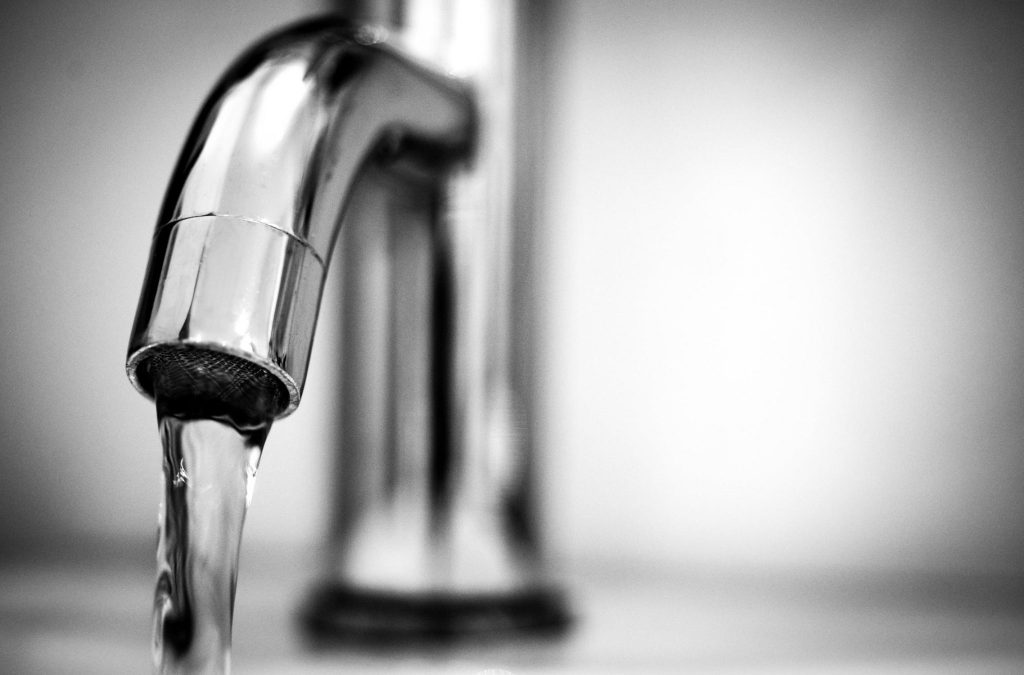Is your well water safe to drink? New resource from UNC-Chapel Hill, partners can help you decide
November 29, 2021
People who rely on private well water in North Carolina have a better chance of learning whether their well water is safe to drink thanks to an initiative of the UNC School of Law Well Water Pro Bono Project, the UNC Superfund Research Program (UNC SRP), the environmental non-profit Clean Water for North Carolina (CWFNC), NC Department of Health and Human Services (NC DHHS), Division of Public Health, Private Well and Health Program, and the NC Real Estate Commission. The team is engaged in a collaborative effort to provide North Carolinians with the information they need to assess the safety of their well water.
In October 2021, law students partnered with the NC Real Estate Commission to publish a brochure describing common well water contaminants, how to test for them, and resources for removing them when present. With UNC SRP and CWFNC, the team designed the brochure to inform realtors, property owners, and home buyers about the need for regular well testing as well as how to test well water and opportunities to reduce the cost of testing.
An estimated 2.5 million people in NC rely on private wells for their drinking water. Although the state has the fifth largest population of well users in the country, drinking water from private wells is not regulated by state or federal agencies. As a result, most well water is not tested. Many contaminants cannot be tasted, smelled, or seen, making well-testing the only way to know if contaminants are present and vital to protecting health or property.
“North Carolina does not require real estate transactions to include a well water test unless there is a known contaminant that the seller has a duty to disclose,” says Professor Maria Savasta-Kennedy, the author of North Carolina’s Environmental Law Practice Guide, who teaches environmental law and environmental justice at UNC School of Law. “Neither the federal Safe Drinking Water Act nor other federal or state regulation governs what is in your well water and how safe it is to drink.”
Savasta-Kennedy supervises the Well Water Pro Bono Project, along with Cathy Cralle Jones, a senior litigator with the Law Offices of F. Bryan Brice Jr. in Raleigh, who first brought the project to the law school.
“The North Carolina Real Estate Commission is thrilled to be involved in bringing these much-needed resources to consumers,” said Charlie Moody, assistant director for the Regulatory Affairs Division of the NC Real Estate Commission. “Additionally, these materials will assist real estate brokers in educating their clients about the importance of well water testing.”
When a new well is constructed in North Carolina, the local health department is required to conduct an initial test for a limited number of contaminants (N.C. Gen. Stat. 87-97), but ongoing testing is not required. Additionally, testing is not required for any wells installed prior to 2008. Radon, a prevalent, naturally occurring contaminant in the state, and emerging contaminants such as PFAS and GenX are not included on the list of contaminants that must be tested.
“This effort to increase well water testing during real estate transactions complements our ongoing work to support private well users with cutting-edge science and potential solutions when contamination is found,” said Rebecca Fry, director of the UNC SRP. “With our community partners, we will continue to incorporate the best science into policy dialogues, so private well users can feel confident making decisions about their drinking water to protect their families and communities.”
The next steps include sharing this information broadly, and CWFNC is positioned to take on some of that work. According to Rachel Velez, CWFNC’s Water Justice program director, “absent state and federal regulations for private wells, we are excited to explore creative solutions for protecting well users. We look forward to engaging our statewide membership to better understand the obstacles rural and low-income private well users face when trying to provide a safe drinking water source for their households.”
If you are a private well user and would like more information about this effort and research projects to improve drinking water in NC, please visit the UNC Superfund Research Project web page: https://sph.unc.edu/superfund-pages/cec/. For more information about Well Water Pro Bono Project at UNC School of Law, please visithttps://law.unc.edu/news/2021/10/well-water-testing-pro-bono-project/.
Story by: Andrew George, Community Engagement Coordinator | UNC Institute for the Environment
Press contact: Emily Williams, Director of Community and University Relations | UNC Institute for the Environment, emilywilliams@unc.edu, (919) 962-0965
